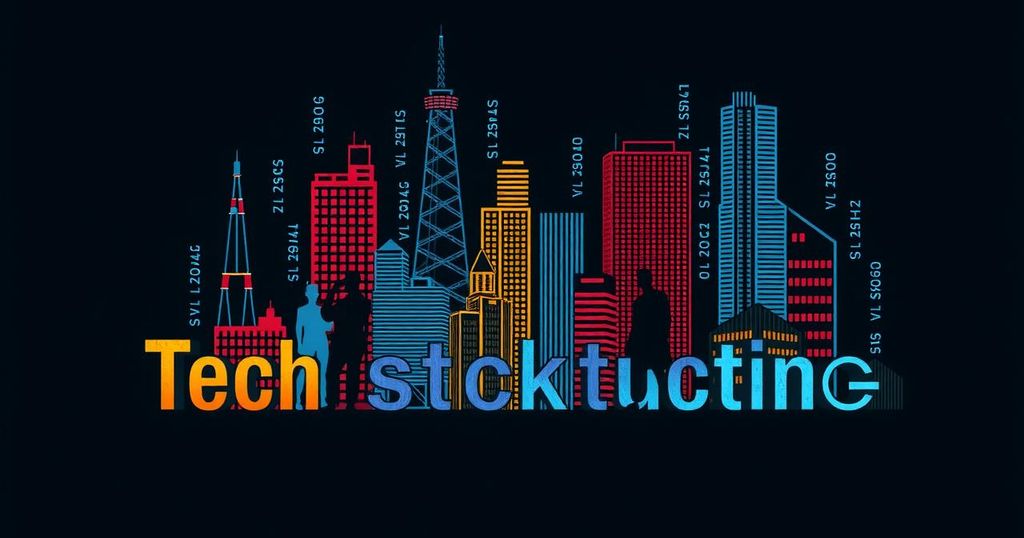Summary
In recent years, the largest technology companies have achieved unprecedented market valuations, primarily driven by advances in artificial intelligence integrated into their platforms. Today, a select few monopolistic entities dominate the tech landscape, leading to the emergence of the term “Big Tech” to describe these colossal organizations. A compelling solution to address the significant economic influence exerted by these entities is to consider the restructuring of their operations into several smaller, independent companies. Such measures could re-establish competitive dynamics in the marketplace and stimulate innovation, thereby benefiting a broader spectrum of businesses. Furthermore, this restructuring could enhance consumer data protection, which has become increasingly critical in the digital age. Historically, antitrust measures have proven effective in dismantling monopolistic structures. For instance, a pivotal federal court ruling in 1974 led to the breakup of the American Telephone and Telegraph Company (AT&T) due to antitrust violations. This restructuring resulted in the formation of seven smaller entities, colloquially referred to as “Baby Bells,” which restored competitive balance and curbed monopolistic practices within the telecommunication sector. The question arises: Why should we adopt a similar approach towards Big Tech? As of 2020, Amazon commanded an impressive 40 percent of the e-commerce market, Facebook boasted approximately 2.4 billion users, and Google dominated internet searches, accounting for 92 percent of the total. Additionally, these companies have extended their reach beyond their initial core services and are now pursuing interests in various sectors, thus consolidating their influence across multiple markets with the backing of substantial corporate resources. For example, Google and Facebook are not merely software titans; they are also engaged in hardware production, with offerings such as the Google Pixel smartphone and the Meta Quest Virtual Headset, respectively. Amazon, on the other hand, not only operates as a leading e-commerce platform but also owns popular assets like Twitch, a prominent streaming service, and Whole Foods, a well-known grocery chain. At the crux of these developments is the pervasive issue of data accumulation. Major corporations such as Google, Amazon, and Facebook meticulously track user behaviors, purchasing patterns, and social interactions. This data collection presents a significant challenge to user privacy, as control over vast amounts of information is concentrated within a small number of corporations. The complexities of lengthy terms of service agreements further obfuscate how personal data is utilized, raising ethical concerns regarding citizen autonomy in the digital age. The increasing dominance of a few tech giants stifles competition, hindering the entry of new players in the market. A vibrant free market thrives on competition and the reward of innovation, yet the current scenario contradicts this principle by allowing monopolistic tendencies to flourish unchecked. This has resulted in a noticeable decline in both the number of startups and the interest from investors, as the prospect of competing against established corporations like Amazon appears daunting. Although it may seem counterintuitive, the notion of dismantling powerful corporations aligns with historical precedents. The disbanding of AT&T in the 1970s paved the way for heightened competition within the telecommunications industry and thwarted monopolistic behavior. Similarly, current behemoths such as Amazon, Google, and Meta have amassed influence that threatens to stifle competitiveness, hinder the growth of startups, and monopolize data management. By restructuring these large entities into more manageable units, we would empower smaller companies and facilitate an environment conducive to innovative breakthroughs. Only through such measures can we aspire to restore balance in the tech market, ensuring that the entrepreneurial spirit thrives and that consumers maintain control over their own data.
Original Source: dailyiowan.com

Leave a Reply